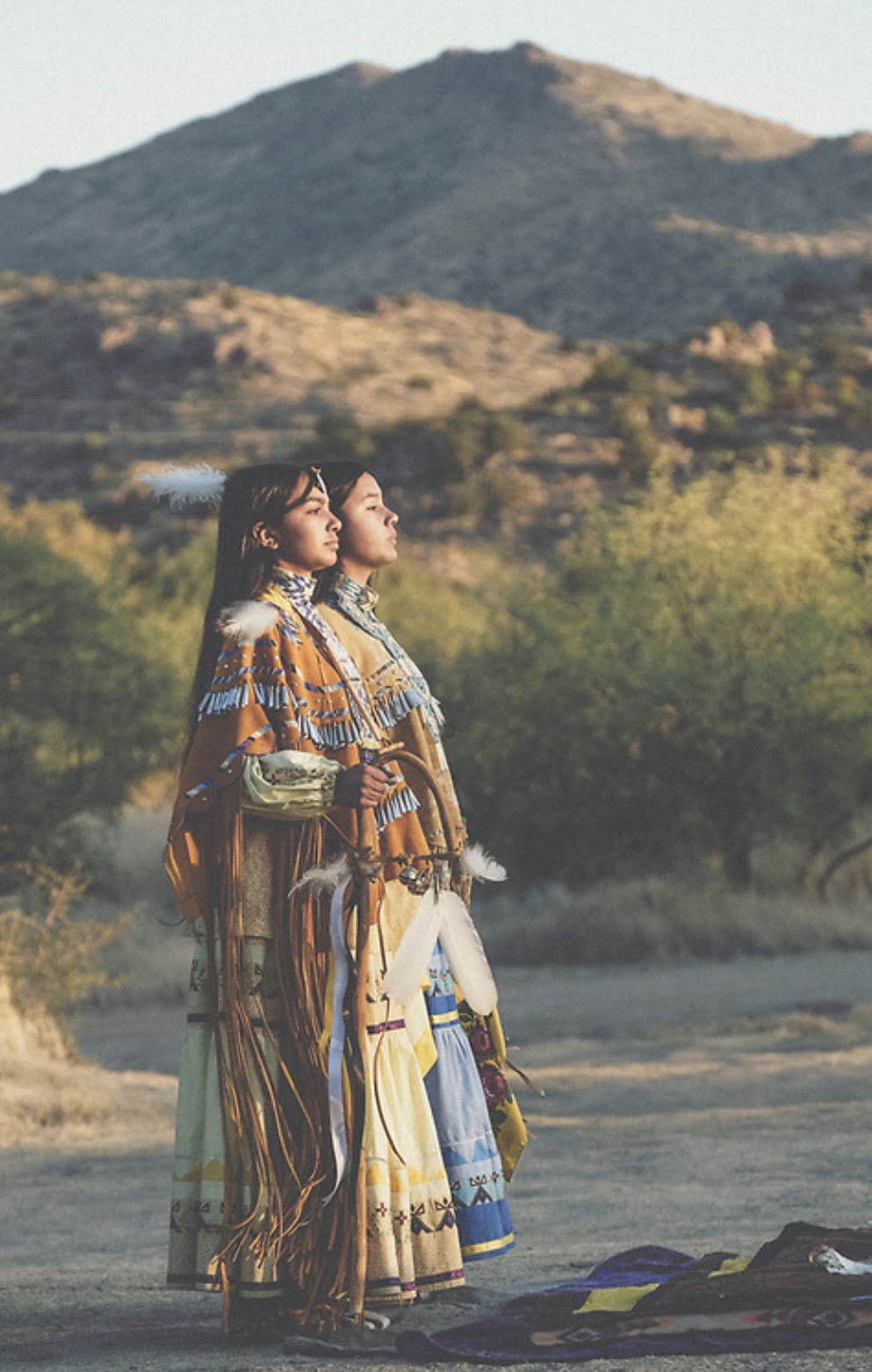
- Details
- By Levi Rickert
The U.S. Supreme Court has declined to reconsider a case seeking to protect Oak Flat, a site sacred to the Apache people, delivering a setback to tribal leaders and environmental advocates. Despite the decision, those leading the fight to preserve the land say their legal and political efforts are far from over.
In a statement released Monday, Oct. 6, 2025, advocates emphasized their ongoing legal challenges, noting that three other cases aimed at safeguarding Oak Flat are still moving through the courts. The Ninth Circuit Court of Appeals is scheduled to hear oral arguments on January 7, 2026. Supporters also plan to continue lobbying Congress, the President, and federal agencies to halt any actions that would lead to the destruction of the sacred site.
“Oak Flat deserves the same respect and protection this country has long given to other places of worship,” the statement read.
Wendsler Nosie Sr., a leading voice in the fight to protect Oak Flat, expressed deep disappointment with the Supreme Court’s decision while reaffirming his commitment to the cause.
“First, thank you everyone for all the hard work. You have been a blessing to us all in our country,” Nosie said. “Most importantly deep within us we knew, but now we definitely witness the truth of this country, by the Supreme Court taking no action. What is evil created the unfairness, not just to us human beings but to all of God’s creations.”
Nosie criticized corporate interests and capitalism, which he said are driving the destruction of sacred lands. “We must defend what is spiritual, holy and God’s greatest gift to us all — our Mother,” he continued. “Today is a new day for me as I now take the blessings from Usen (God), to walk the footsteps of the purpose I was blessed with and no longer be a captive.”
Advocates said the decision reveals the U.S. government’s “true intentions” toward Indigenous communities. “America has shown us the government’s true intentions — we are unheard and ignored once again,” the statement concluded. “Our judicial system’s voice is muted by capitalism. The ultimate destruction of Mother Earth has been given permission as if they control her. She supplies our lives, not the reverse. Such a sad reality.”
Despite the setback, tribal leaders and their supporters maintain that the legal, political, and moral fight to save Oak Flat is far from over.
More Stories Like This
50 Years of Self-Determination: How a Landmark Act Empowered Tribal Sovereignty and Transformed Federal-Tribal RelationsThe Shinnecock Nation Fights State of New York Over Signs and Sovereignty
Navajo Nation Council Members Attend 2025 Diné Action Plan Winter Gathering
Ute Tribe Files Federal Lawsuit Challenging Colorado Parks legislation
NCAI Resolution Condemns “Alligator Alcatraz”
Help us defend tribal sovereignty.
At Native News Online, our mission is rooted in telling the stories that strengthen sovereignty and uplift Indigenous voices — not just at year’s end, but every single day.
Because of your generosity last year, we were able to keep our reporters on the ground in tribal communities, at national gatherings and in the halls of Congress — covering the issues that matter most to Indian Country: sovereignty, culture, education, health and economic opportunity.
That support sustained us through a tough year in 2025. Now, as we look to the year ahead, we need your help right now to ensure warrior journalism remains strong — reporting that defends tribal sovereignty, amplifies Native truth, and holds power accountable.
 The stakes couldn't be higher. Your support keeps Native voices heard, Native stories told and Native sovereignty defended.
The stakes couldn't be higher. Your support keeps Native voices heard, Native stories told and Native sovereignty defended.
Stand with Warrior Journalism today.
Levi Rickert (Potawatomi), Editor & Publisher


